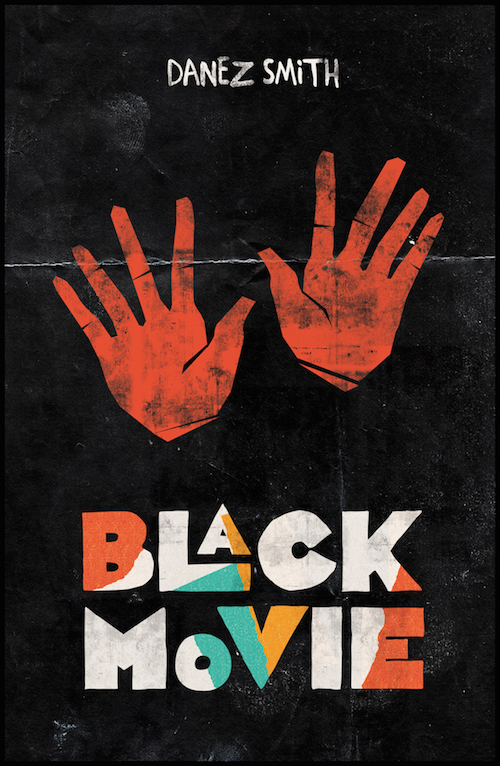Mary Austin Speaker Reviews Danez Smith's Black Movie

Poet and book designer Mary Austin Speaker reviews Danez Smith’s Black Movie (Button Poetry) for Rain Taxi. The collection is described by Speaker as "a cinematic tour-de-force that lets poetry vie with film for the honor of which medium can most effectively articulate the experience of Black America." More:
Smith’s filmic catalog begins with a series of poetic riffs on Singleton’s cult classic with titles like “Sleeping Beauty in the Hood,” “A History of Violence in the Hood,” and the memorably metaphoric “The Secret Garden in the Hood (or what happens to dead kids when the dirt does its work),” which poses dead Black teens and tweens as the plant life that rises after their bodies are taken into the ground. Each of these poems inserts tragedy where we expect drama but doesn’t use this technique long enough to wear it out. Instead, Smith shifts gears, providing us with the chapbook’s second act—the book’s most devastating poem, “Short Film,” which offers, episodically, and elegiacally, the short stories of the deaths of Black Americans, all of them shot, unarmed, by fearful white people. The poem is interrupted by a gorgeously written section entitled “who has time for joy?” that feels like the heart of the book, the moment when the fourth wall falls away and the writer speaks directly to us: “reader, what does it / feel like to be safe? white? / / how does it feel / to dance when you’re not / / dancing away the ghost?” Whether the reader is white or Black changes the valence of the poem— she is either being offered one of today’s most provocative questions (what does whiteness feel like?) or she is being offered a moment of empathetic pathos, a question relentlessly shared by the Black community: what does it feel like to feel safe? By placing this section in the center of a poem full of true stories, Smith deftly prepares his reader to receive such stark stanzas as “I have no more / room for grief / / for it is everywhere now” and “prediction: the cop will walk free / the boy will still be dead.” This is the fact that rests most brutally in the maw of Black Movie: the just ending we moviegoers seek is not available to the Black Americans who die at the hands of police, regardless of evidence, videotape, or eyewitness account.
Read the full review here.


